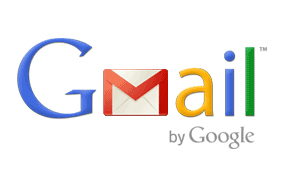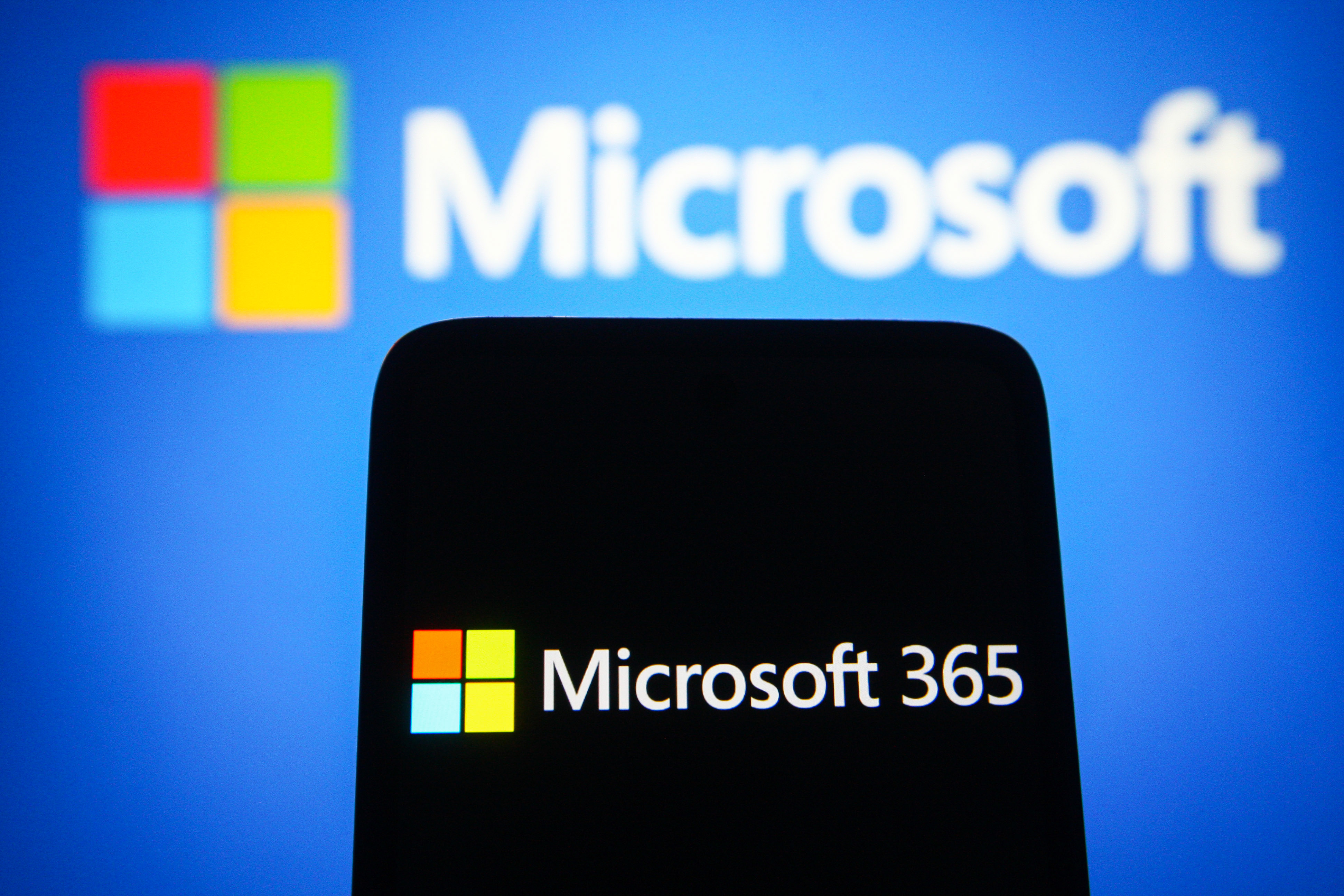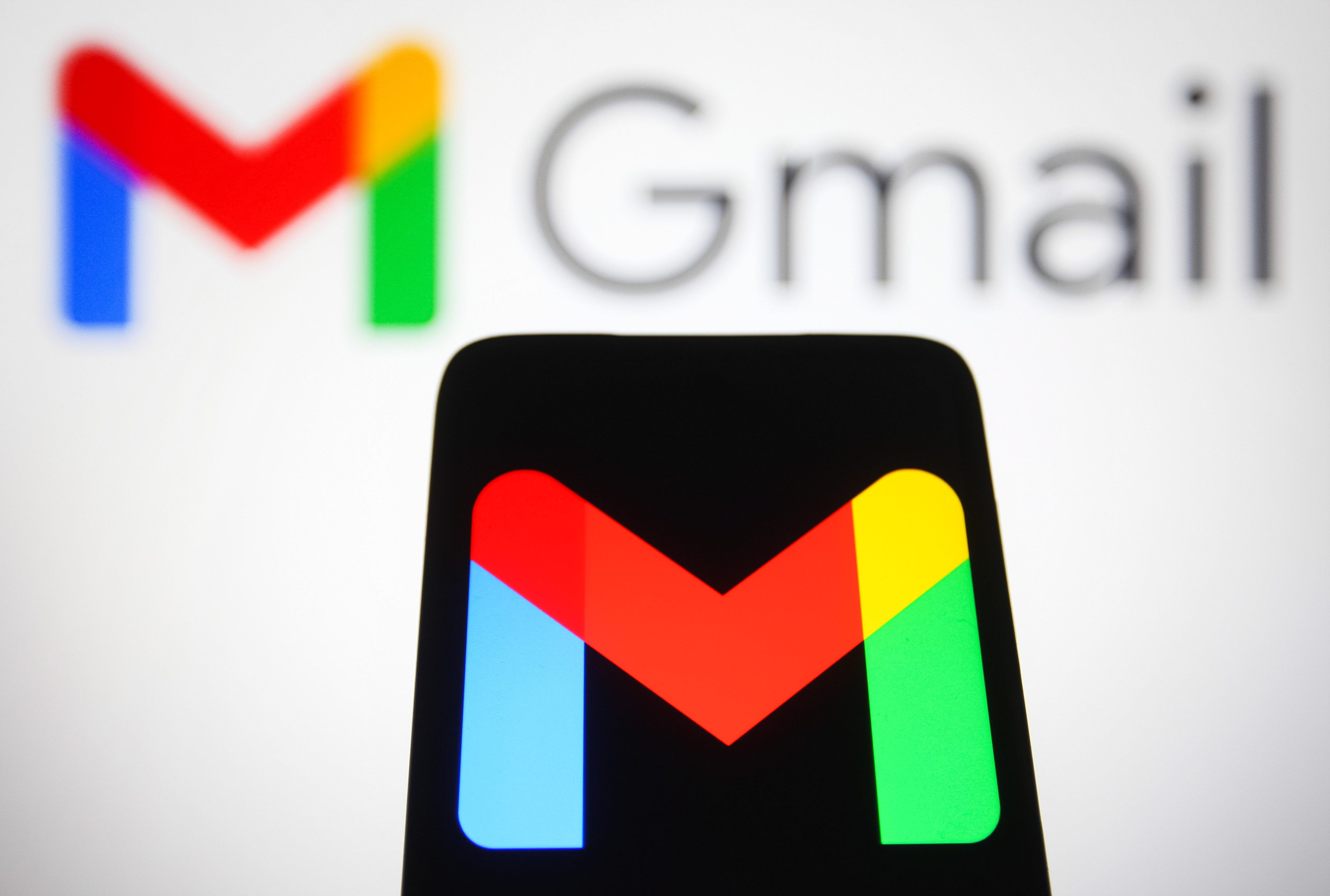Google plays down Gmail address & password leak
Search giant claims fewer than two per cent of the five million usernames and passwords leaked would have worked

The Gmail usernames and passwords of nearly five million accounts have reportedly appeared online in a Russian Bitcoin forum, but Google has been quick to play down the leak.
The login credentials reportedly appeared online early yesterday morning inside a .txt file on a Russian Bitcoin Security forum, where it was claimed that 60 per cent of the leaked usernames and passwords were still actively used.
Google has contradicted this claim in a blog post, by declaring that fewer than two per cent of the usernames and passwords listed would have worked.
"Our automated anti-hijacking systems would have blocked many of those login attempts," it states.
"We've protected the affected accounts and have required those users to reset their passwords."
The search giant then went on to state the leaked credentials were not in the public domain because of a direct hit on its email system.
Instead, the company said the details were likely to have been obtained through phishing attempts or attacks on websites that people use their Gmail addresses to log into.
Get the ITPro daily newsletter
Sign up today and you will receive a free copy of our Future Focus 2025 report - the leading guidance on AI, cybersecurity and other IT challenges as per 700+ senior executives
"If you reuse the same username and password across website, and one of those websites gets hacked, your credentials could be used to log into others," the post explained.
To prevent users from having their accounts hacked, the company then goes on to recommend that Gmail users deploy two-factor authentication for their accounts and protect them with strong passwords.
"We're constantly working to keep your accounts secure from phishing, malware and spam," the post added.
"For instance, if we see unusual account activity, we'll stop sign-in attempts from unfamiliar locations and devices."
-
 Should AI PCs be part of your next hardware refresh?
Should AI PCs be part of your next hardware refresh?AI PCs are fast becoming a business staple and a surefire way to future-proof your business
By Bobby Hellard
-
 Westcon-Comstor and Vectra AI launch brace of new channel initiatives
Westcon-Comstor and Vectra AI launch brace of new channel initiativesNews Westcon-Comstor and Vectra AI have announced the launch of two new channel growth initiatives focused on the managed security service provider (MSSP) space and AWS Marketplace.
By Daniel Todd
-
 Microsoft 365 admins warned over new Gmail anti-spam rules
Microsoft 365 admins warned over new Gmail anti-spam rulesNews Microsoft 365 users have been warned they could be penalized for failing to adhere to new anti-spam standards
By Ross Kelly
-
 Google launches dark web monitoring tools for US Gmail users
Google launches dark web monitoring tools for US Gmail usersNews First launched for Google One customers, the dark web report service is rolling out to all US-based Gmail users
By Ross Kelly
-
 North Korean-linked Gmail spyware 'SHARPEXT' harvesting sensitive email content
North Korean-linked Gmail spyware 'SHARPEXT' harvesting sensitive email contentNews The insidious software exfiltrates all mail and attachments, researchers warn, putting sensitive documents at risk
By Rory Bathgate
-
 Android malware campaign 'targets 1 million Google accounts'
Android malware campaign 'targets 1 million Google accounts'News Check Point says Android malware campaign can steal tokens from Google accounts
By Ingrid Fadelli
-
 Gmail will soon alert you if you receive unencrypted emails
Gmail will soon alert you if you receive unencrypted emailsNews Google researchers plan warning system to fend off malicious messages
By Joe Curtis
-
 Gmail app hack: Why it's unlikely to derail your BYOD plans
Gmail app hack: Why it's unlikely to derail your BYOD plansIn-depth Davey Winder takes a closer look at last week's news about the 92 per cent success rate of the Gmail app hack
By Davey Winder
-
 Week in review: Windows 8, China loves Gmail and mobile phone radiation
Week in review: Windows 8, China loves Gmail and mobile phone radiationNews Windows 8 is coming! But when? The Chinese hack Gmail! Or did they? Mobile phones cause cancer! Or do they? It's been a very confusing week...
By Alan Lu
-
 Google accuses China of Gmail tampering
Google accuses China of Gmail tamperingNews Google suggests the Chinese Government is to blame for Gmail disruptions.
By Tom Brewster